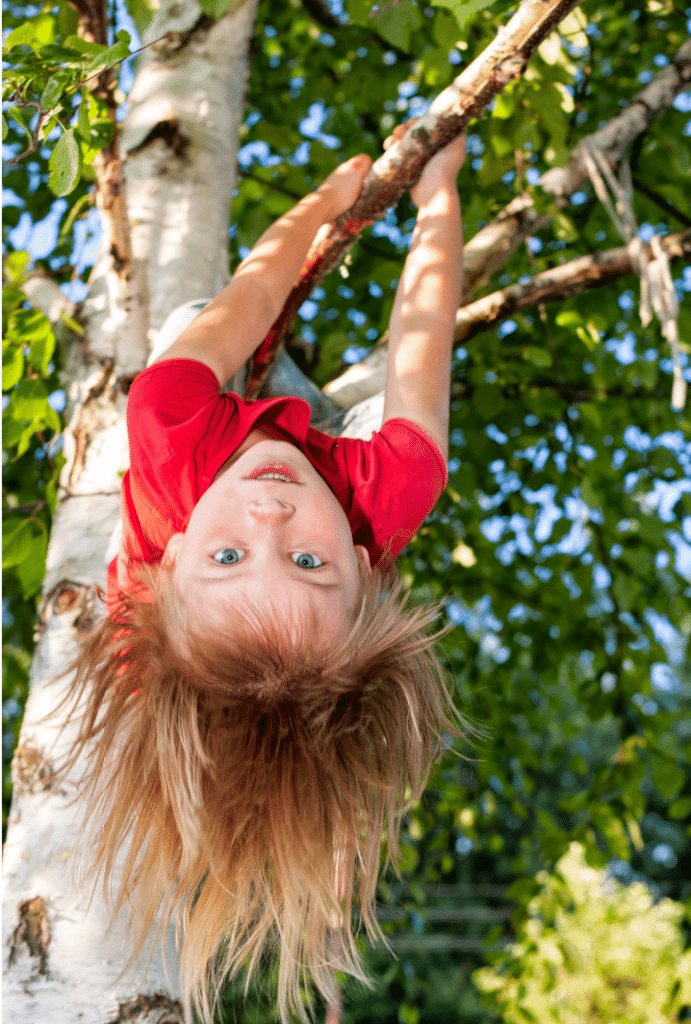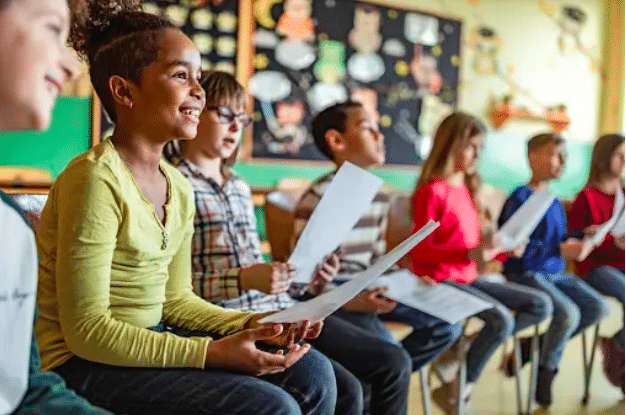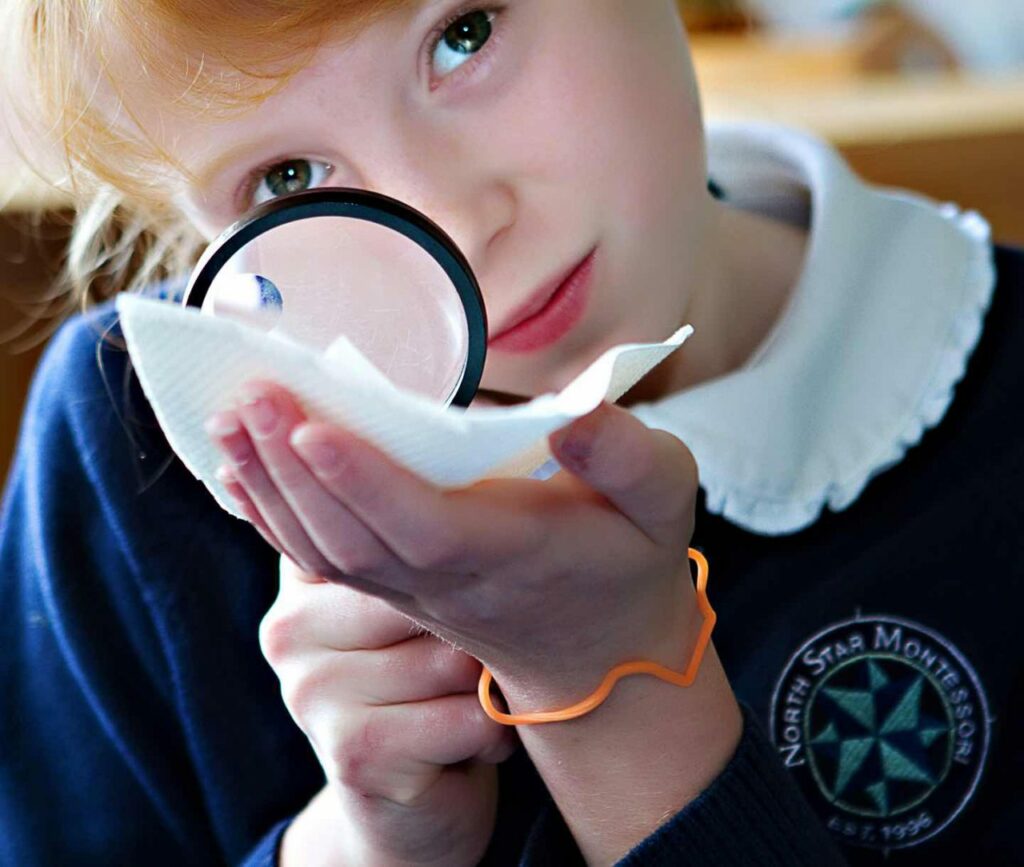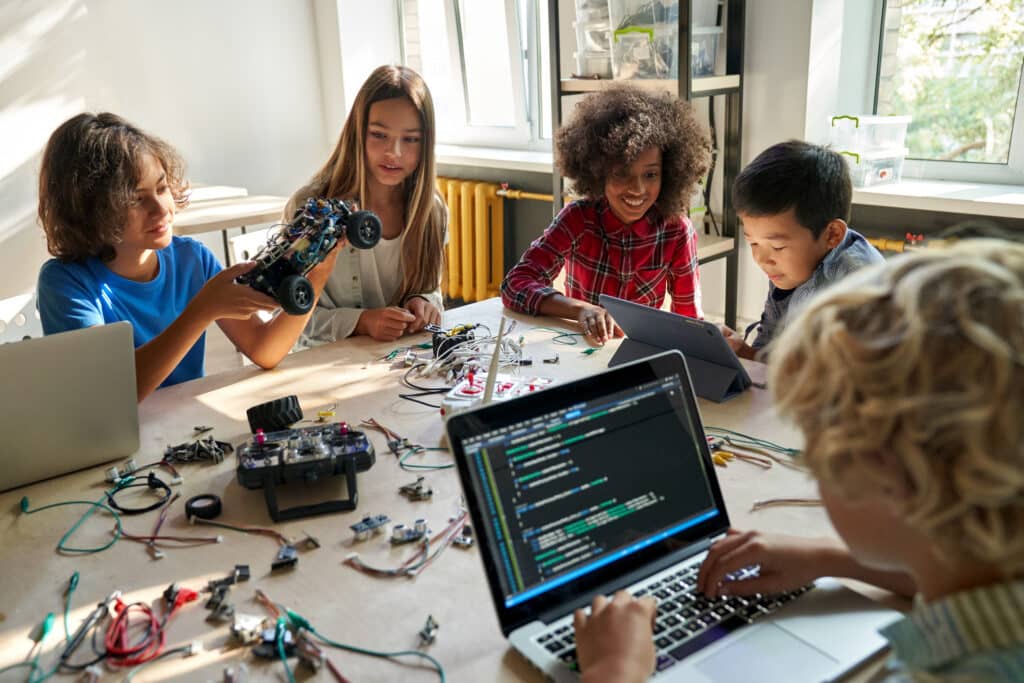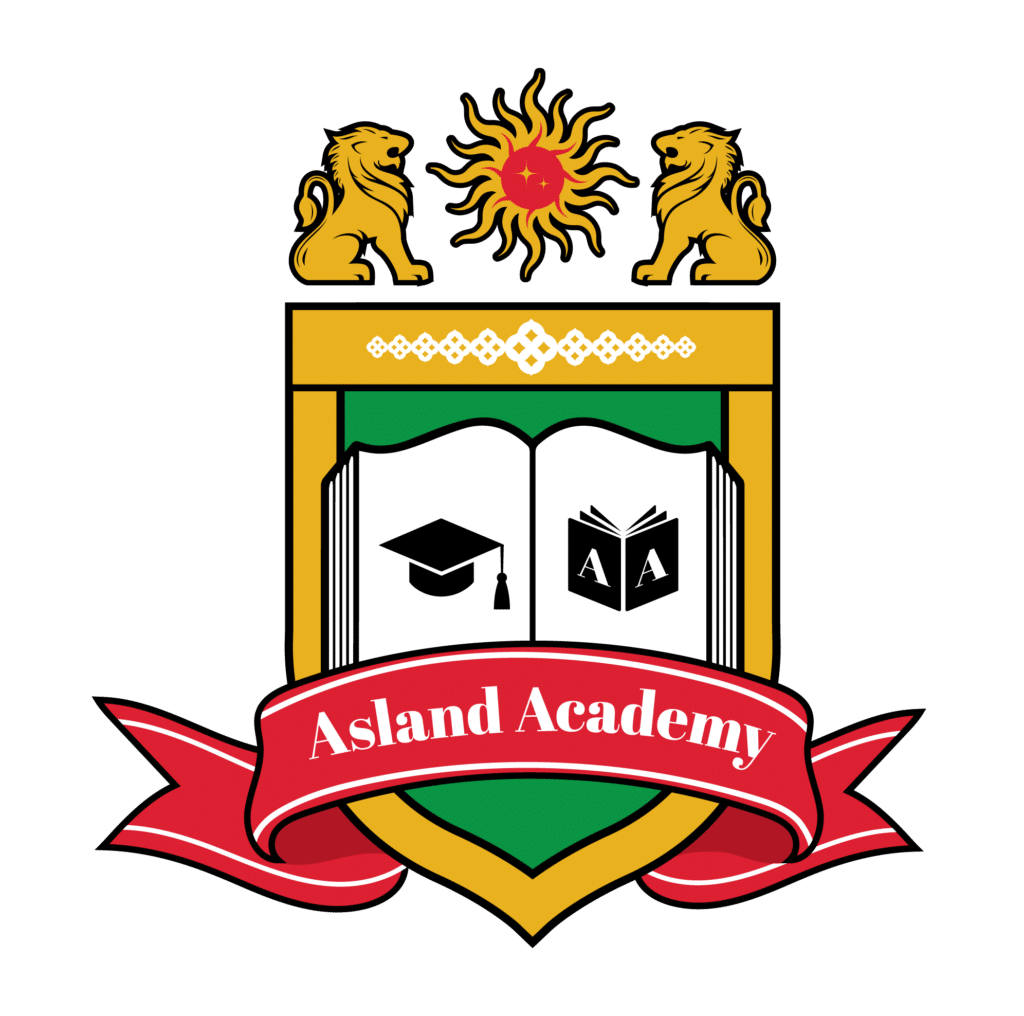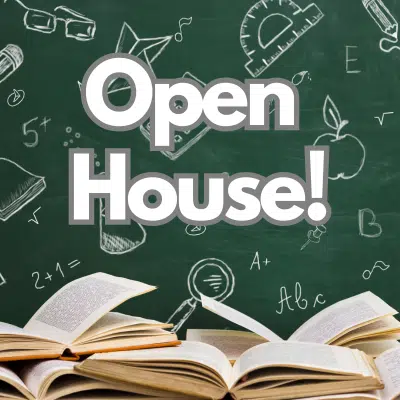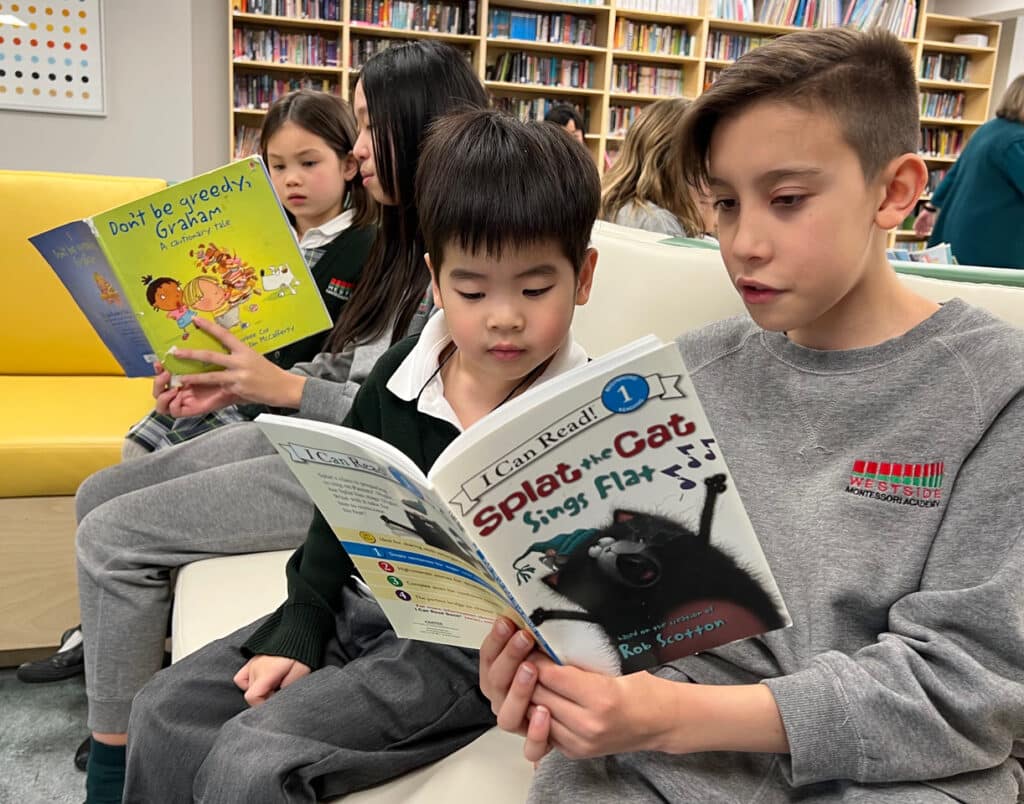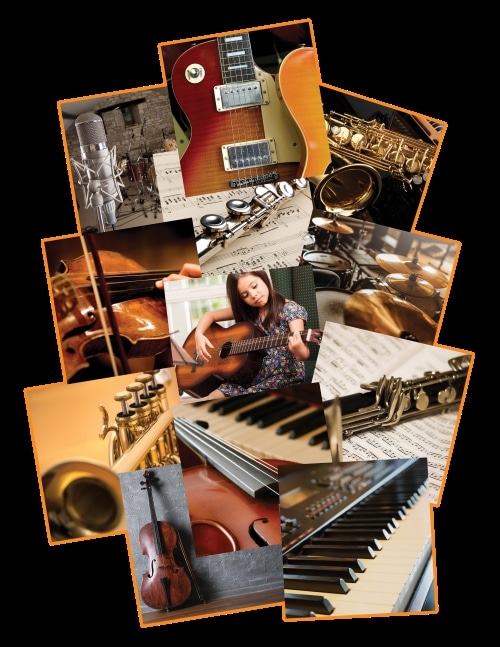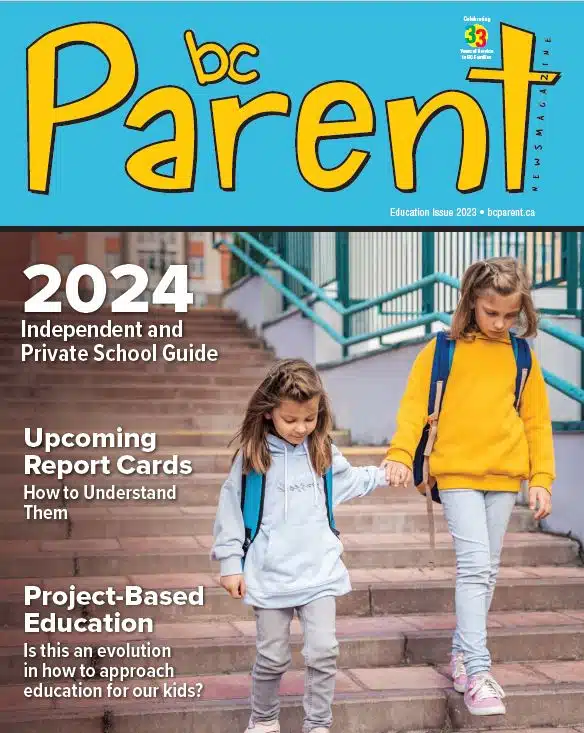Visit the Britannia Mine Museum This Summer: It’s Time
As summer unfolds, it's the perfect season to embark on new adventures and discover or re-discover the fascinating history hidden within the Britannia Mine Museum. Located in Britannia Beach, 45 minutes North of Vancouver this historical gem invites visitors to step back in time and explore the rich mining heritage that shaped the region. Rumble…




